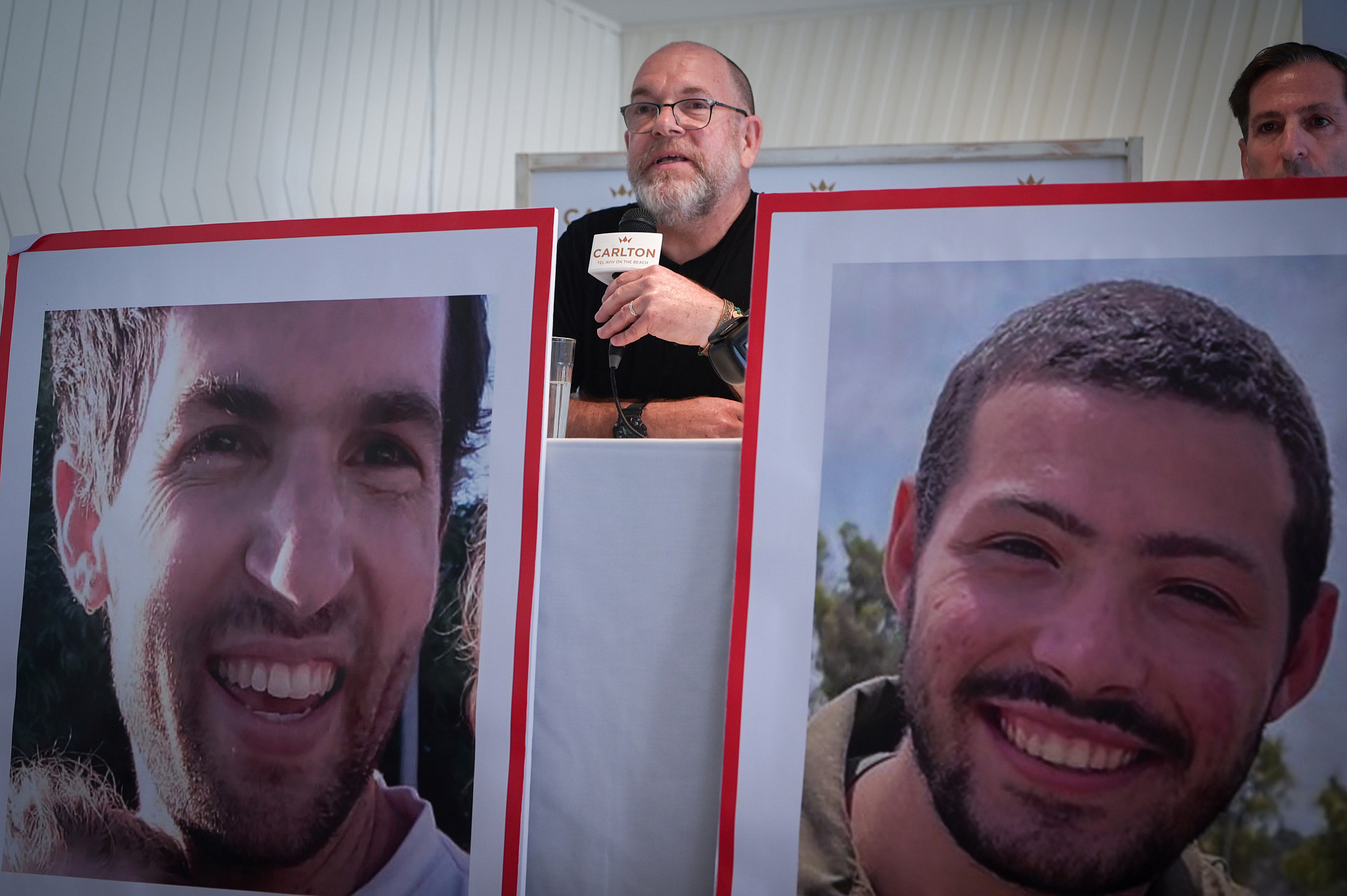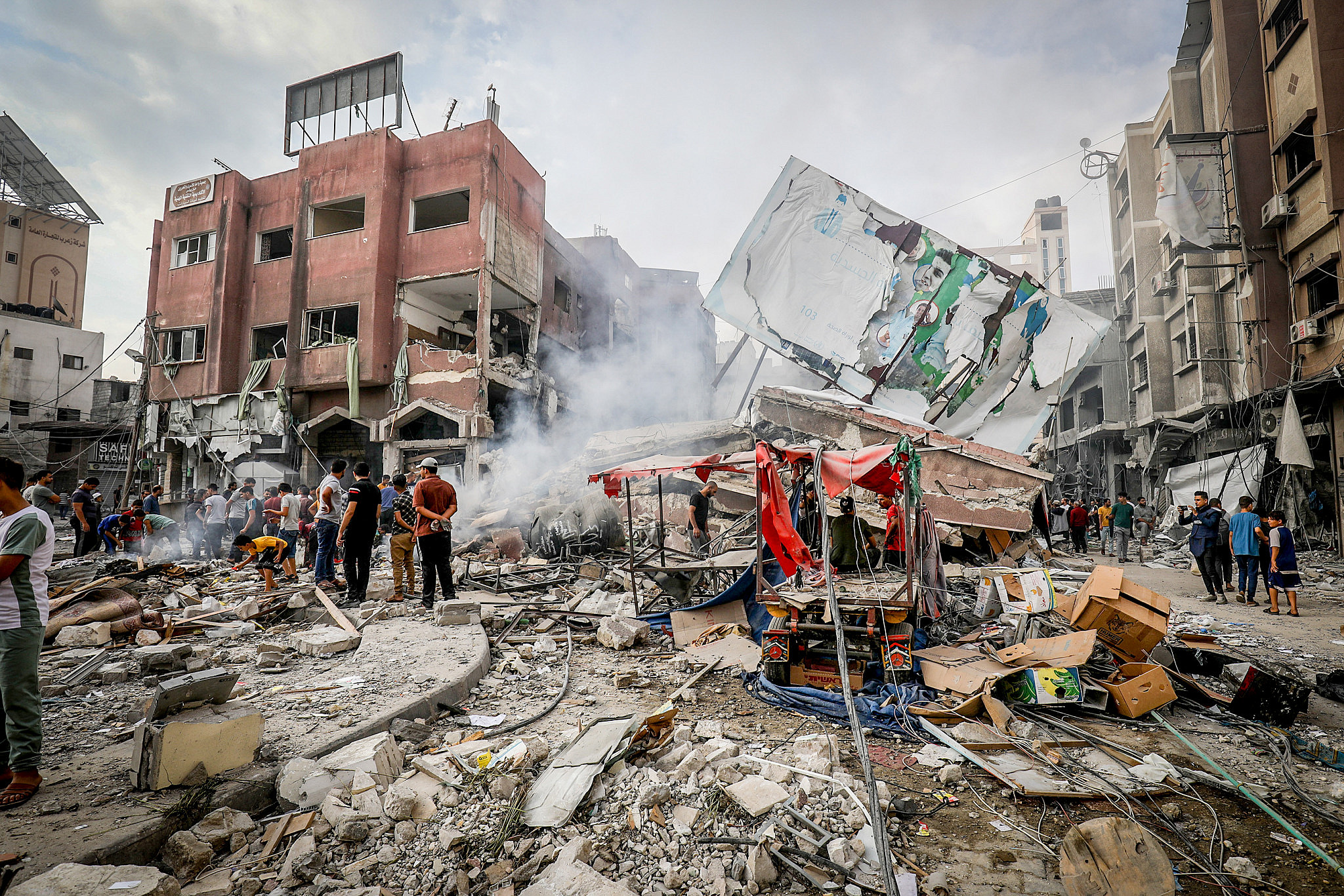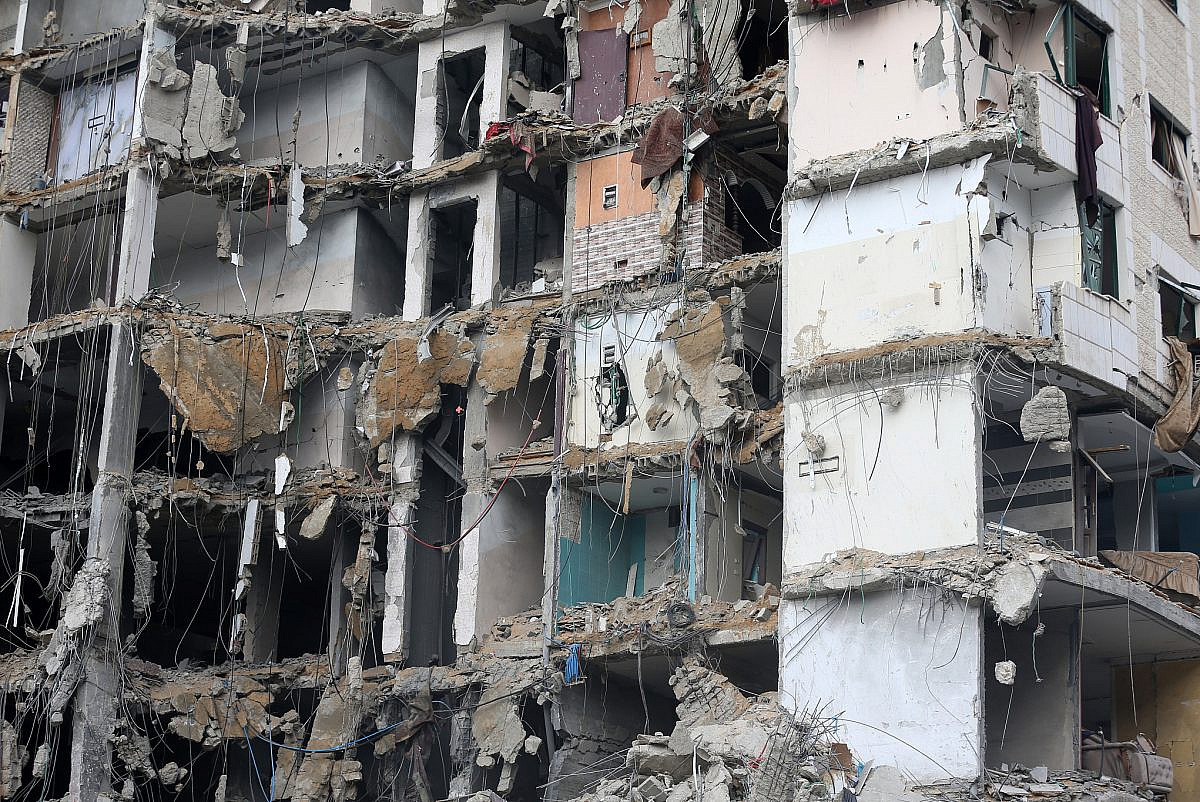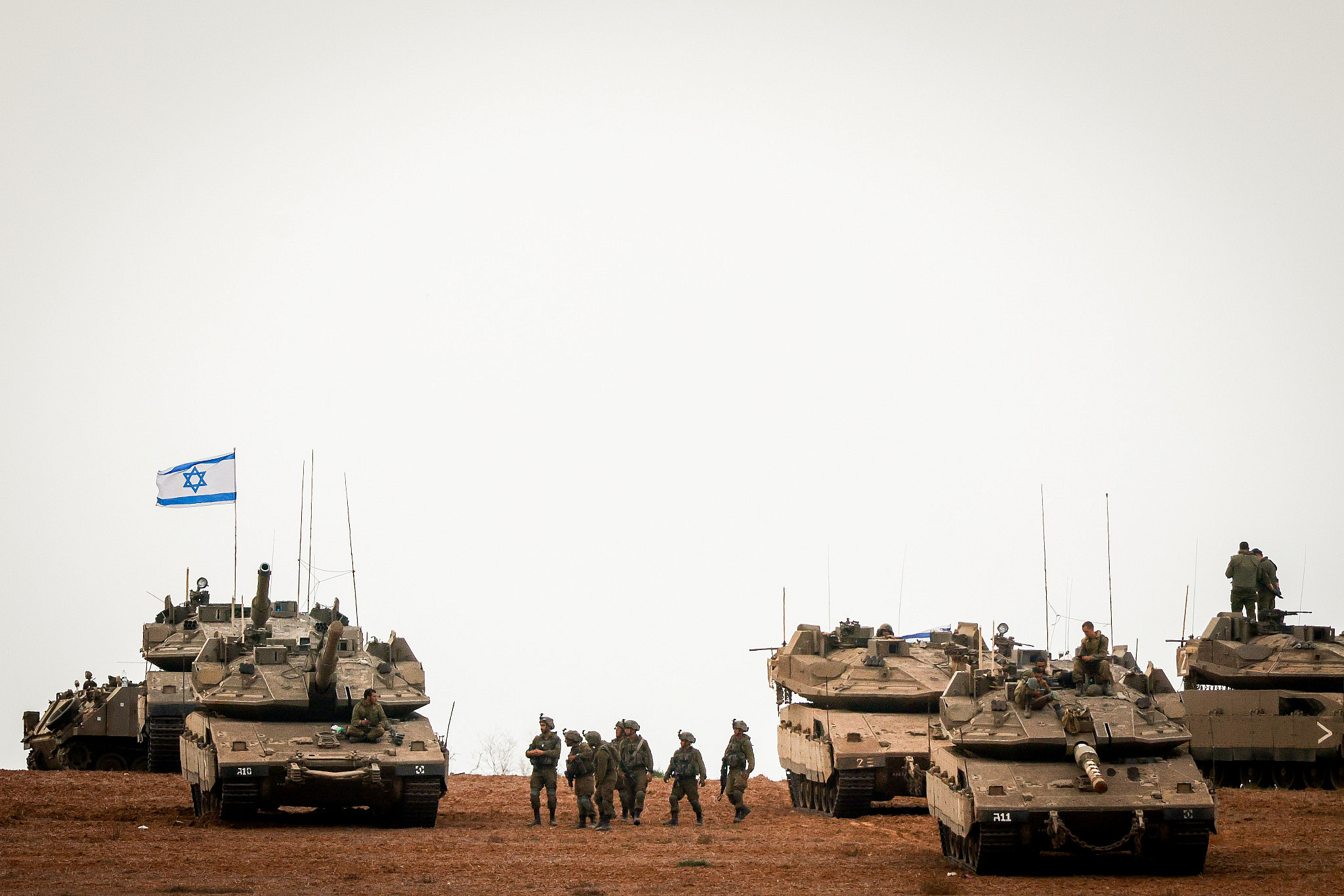My stomach has been churning for four days. In recent years I’ve harshly criticized Israel’s policies in Gaza, written extensively about the blockade strangling Gaza, and formed friendships with Palestinians from Gaza. From this perspective, it is important for me to write that there is no justification for Hamas’ unimaginable, brutal massacre — the slaughter of entire families, hundreds of young people at a party, and small children. It’s a war crime.
I knew personally some of the victims and those who were kidnapped, including individuals who were peace and anti-occupation activists in circles I was closely connected to, or friends of friends from my childhood in the southern region. Some were acquaintances on social media platforms. The harrowing experiences they endured and continue to endure weigh heavily on my mind, and I cannot shake the profound horror of it all.
In my view, the most urgent priority is negotiating with Hamas to secure the safe return of captives — women and children first of all — in exchange for the release of Palestinian prisoners. A revenge attack on Gaza is expected to kill many Israeli prisoners and thousands of Palestinian citizens, and to help Prime Minister Benjamin Netanyahu, who is responsible for this security failure, to survive politically. But it will not help the parents and children whose loved ones were kidnapped, and not the two national collectives who wish to survive in this land.

The Israeli military is conducting retaliatory shelling of civilian buildings and structures in Gaza on an unprecedented scale. Government ministers are openly declaring their intent to exact revenge, harming innocent civilians and leaving entire neighborhoods in ruins. This approach will not achieve the desired goal of “restoring our deterrence” or undermining Hamas; instead, it is likely to have the opposite effect. As has happened in previous Israeli assaults on Gaza, the civilian population will bear the brunt of these actions, while Hamas may ultimately gain strength and support among the affected populace.
A path that will create suffering for all of us
Netanyahu adheres to three fundamental principles when it comes to wars on Gaza, and these don’t seem to be changing significantly this time around.
The first principle revolves around conflict management. The use of military force in Gaza lacks a concrete political objective or long-term vision for the future; instead, it is primarily a short-term tactic designed to weaken Hamas, create chaos, and present an image of “victory” to the Israeli electorate.
The second principle involves the preservation of Hamas as the governing body in Gaza, as this effectively hinders the establishment of a Palestinian state. As long as Hamas remains in power, there is no conducive environment for political negotiations or the emergence of a unified Palestinian leadership encompassing Gaza, the West Bank, and Jerusalem. This is why figures like Finance Minister Bezalel Smotrich view Hamas as an asset, with their control over Gaza — and Israel’s policy of separation — helping to maintain settlement expansion in the occupied West Bank.

The third principle centers on the deliberate infliction of collective harm upon civilians in Gaza as a political strategy. This approach, which I’ve learned about from discussions with intelligence personnel during previous wars on Gaza, encompasses actions such as imposing blockades, demolishing residential towers, cutting off electricity and water supplies to millions, and targeting locations that result in numerous civilian casualties, including children and families. While ostensibly exerting pressure on Hamas, this tactic primarily serves to cater to the Israeli public, creating a perception of victory. This stands as a central objective of the ongoing operations in Gaza.
Throughout the Netanyahu years these three principles destroyed Gaza, endangered everyone living inside the enclave, and, amazingly, strengthened Hamas, because the weaker the population in Gaza, and the higher the prison walls, the stronger Hamas’ status. These principles also emboldened the most radical elements in Israel and inflicted immense suffering upon countless individuals.
Unfortunately, it appears that we are now headed down the same path, guided by the same politicians responsible for security failures in the south. This time, however, the public atmosphere will allow unrestrained revenge and more massive killing in Gaza.
There are claims that this time will be different, with calls to “conquer Gaza and topple Hamas.” In my opinion, this will not happen. A comprehensive recapture of Gaza would take five years, as estimated by the military in a 2014 presentation to the government. This undertaking would involve killing around 20,000 Hamas operatives and purging the strip of weapons, resulting in hundreds of fallen Israeli soldiers and thousands of civilian casualties in Gaza, according to the presentation. It would likely lead to international isolation and a prolonged period of chaos.
At the end of such a bloody process, even if a regional war does not break out, it is unclear who would rule Gaza, and it is almost certain that the security situation would further deteriorate.
No Israeli leader is telling the truth. There is no military solution to Gaza, because the problem in Gaza is political — namely, keeping millions of people under siege, in an open-air prison, under an apartheid regime. It is impossible to defeat Hamas, because Hamas is a political force that leads Palestinian society in Gaza, and the main fuel that sustains it is unrelenting Israeli oppression.
There is, however, a political solution: one that involves direct negotiations with Hamas and the Palestine Liberation Organization; lifting the blockade on Gaza; Palestinian sovereignty; and connecting the residents of the Gaza Strip with the rest of the country. There is no way to do this without giving up land in the West Bank and Jerusalem, and thus it has not been done. Responsible negotiations, supported by the international community, have the potential to diminish the influence of the most radical factions within Hamas more effectively than targeted assassinations and the destruction of Gaza neighborhoods ever could.
Most read on +972
Israel and Hamas have already negotiated in the past, and they will again in the future. But they need to negotiate urgently, now, above all for the sake of rescuing those being held captive and to thwart concrete military threats.
A few days ago, I saw former Education Minister Shai Piron on television urging studio commentators to behave modestly, to use more question marks and fewer exclamation marks. I agree with him. Even the things I have written here seem to me perhaps too decisive, as if everything is always clear and only if we do it this or that way will things be different.
I’m not sure if and how to even write anything in the face of the horrible deaths of so many people around me, and especially with how worried I am about the future. We are still walking in the shadow of a path that will create suffering for all of us. And it seems to me that there is another way.






